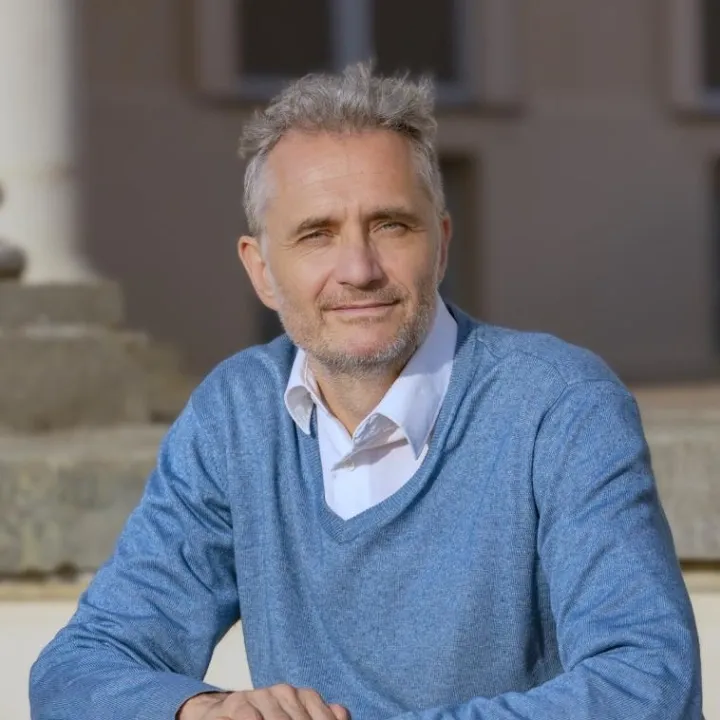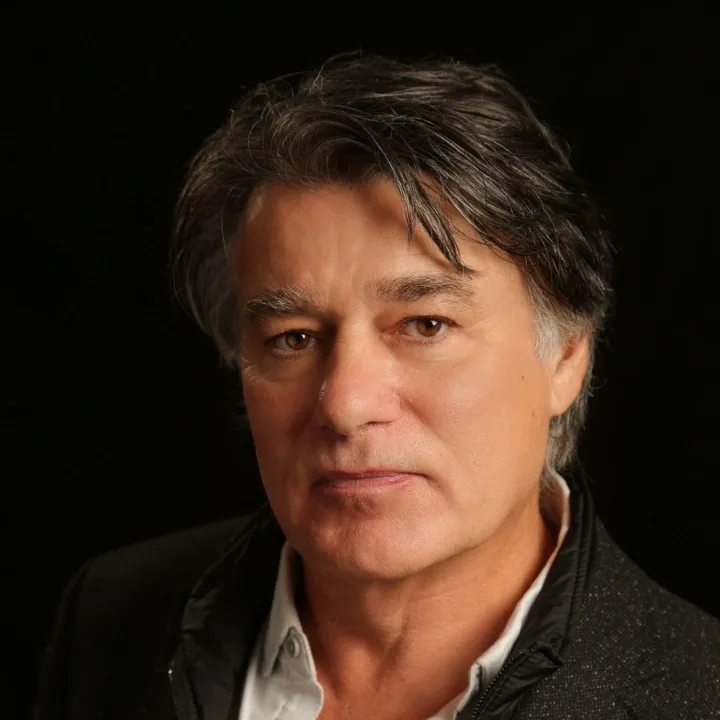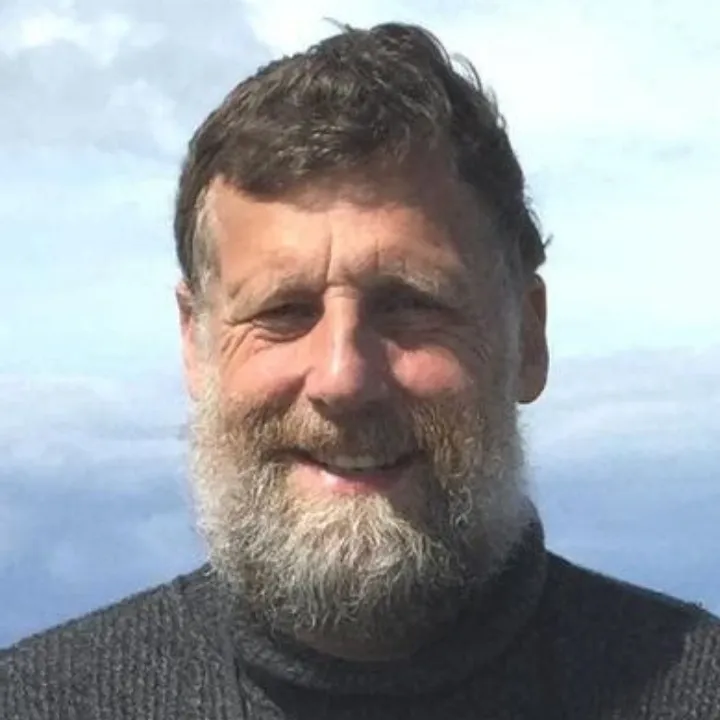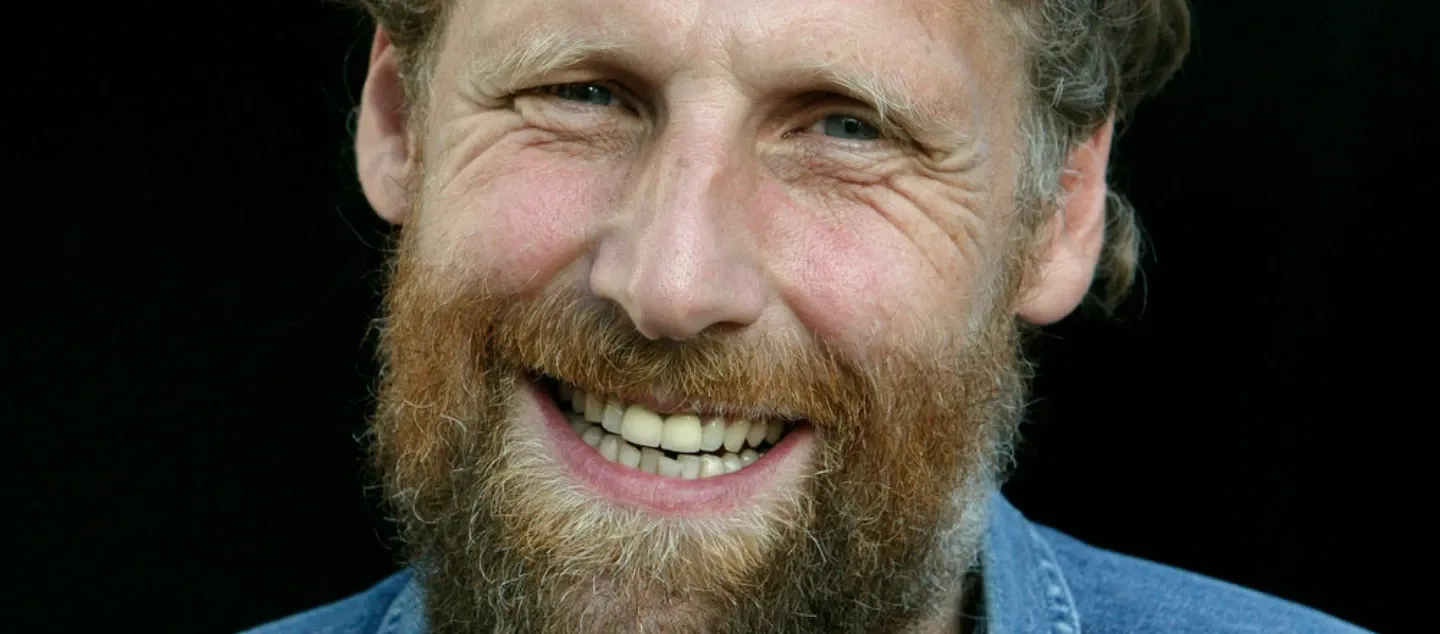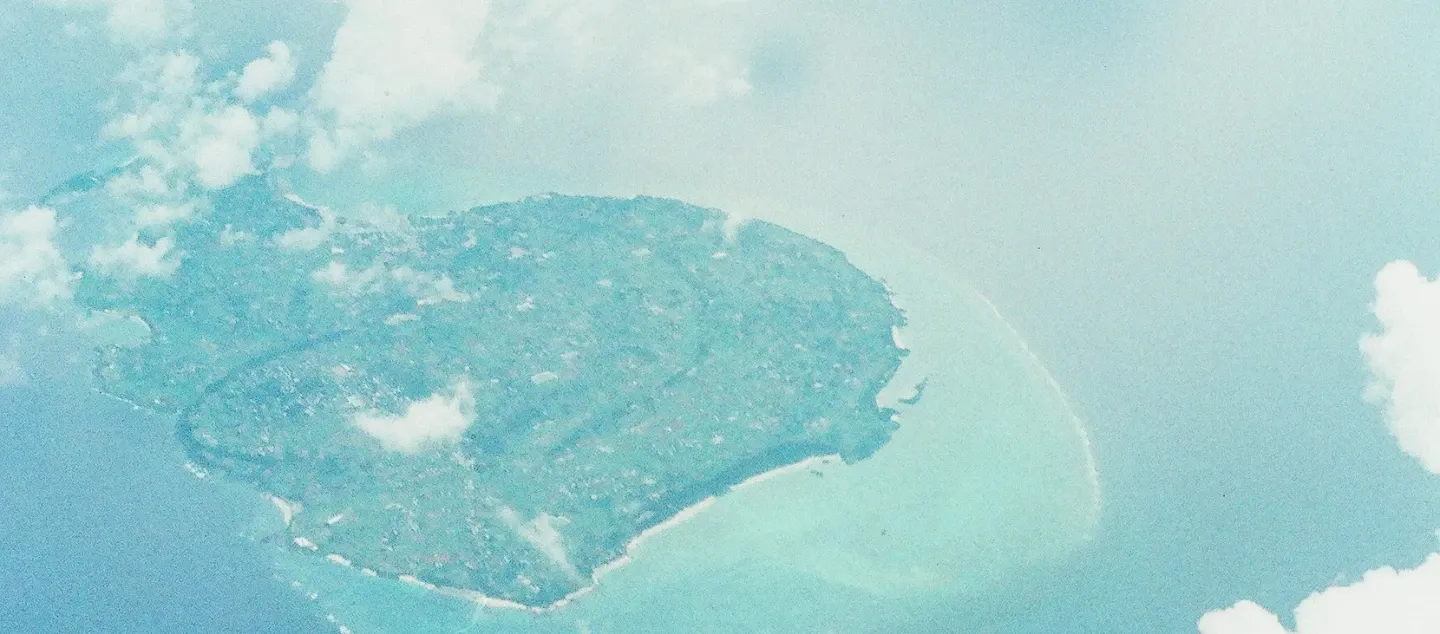Kinship: IslandsCommunity, relationality and belonging in a world of islands
Examine isolated communities as unique models of kinship, exploring how islands teach us about connection, interdependence, and collective care.
taught by Hannah Close
We begin our journey exploring time, place, and interconnectedness. This module emphasises the relationship between separation and connection, inviting us to consider our place in the world and our shared existence.
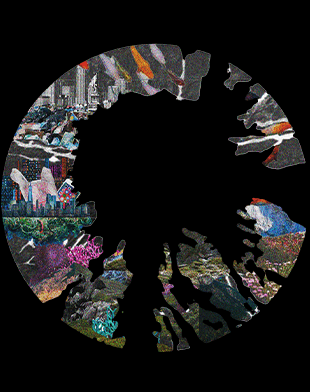
Chapter 1
An Islander Adrift on a Continent With Leny Strobel

Chapter 2
Q&A With Leny Strobel
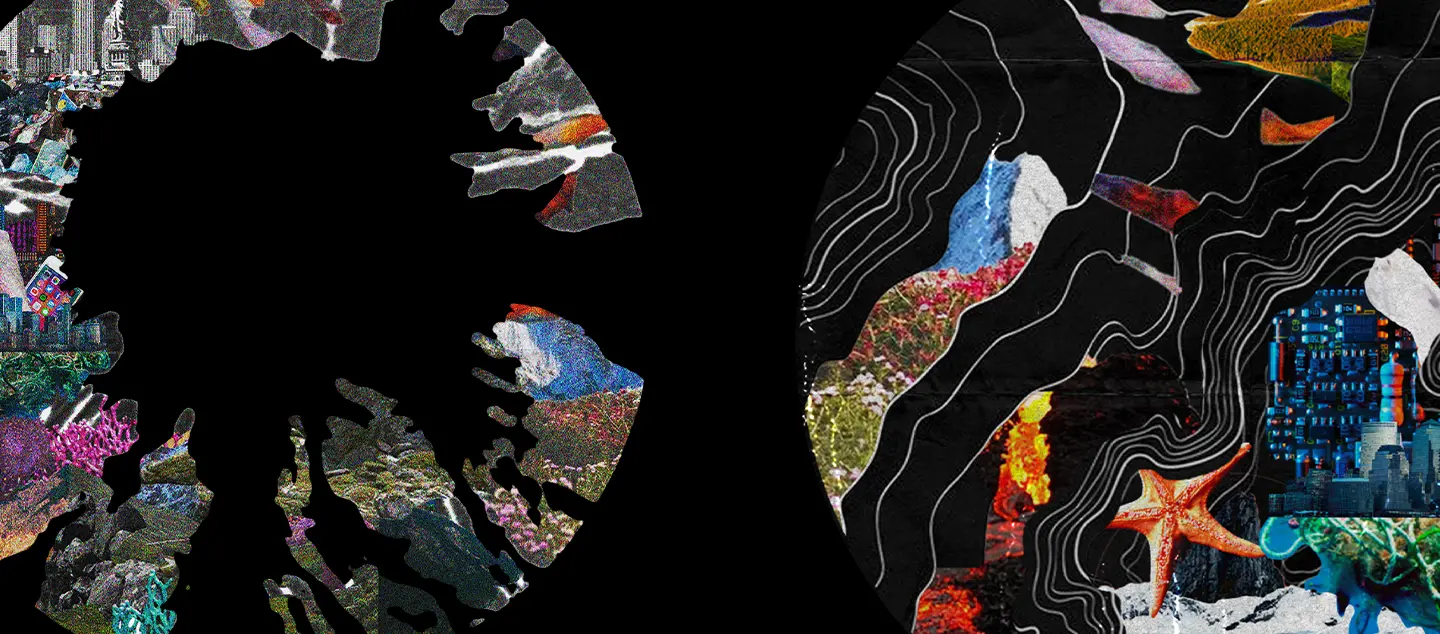
Chapter 3
All Beings are Islands With Andreas Weber

Chapter 4
Q&A With Andreas Weber
In module two, we explore interconnectedness, hidden histories, and the transformative power of poetry.

Chapter 1
The Global Plantation With Anna Arabindan-Kesson

Chapter 2
Q&A With Anna Arabindan-Kesson

Chapter 3
Clear Mind Wild Heart: Finding Courage, Clarity and Kinship Through Poetry With David Whyte

Chapter 4
Q&A With David Whyte

Chapter 5
Immunosilence in a World of Hyperconnectivity With Maureen Penjueli
They explore perception and difference: balancing sameness and difference in the brain, and a mythopoetic reflection on the shore-tide threshold and translucency as an erotic return to the natural.

Chapter 1
Islands of the Mind With Iain McGilchrist

Chapter 2
Q&A With Iain McGilchrist

Chapter 3
On Translucency With Himali Singh Soin

Chapter 4
Q&A With Himali Singh Soin
Module four explores kinship with the more-than-human. Bathsheba Demuth traces shifting human-whale relationships, while Angaangaq Angakkorsuaq calls for unity, harmony, and youth learning to build relationships in a divided world.

Chapter 1
Of Islands and Whales With Bathsheba Demuth

Chapter 2
Q&A With Bathsheba Demuth

Chapter 3
On Kinship With Angaangaq Angakkorsuaq

Chapter 4
Q&A With Angaangaq Angakkorsuaq
This module explores archipelagos, islands, and local cultures. Craig Santos Perez focuses on the significance of archipelagos in Pacific Islander literature, highlighting kinship, traditional knowledge, and decolonisation. David Gange examines the interconnectedness of island spaces through small family b...

Chapter 1
Poetic Archipelagos: On Writing Pacific Islander Worlds With Craig Santos Perez

Chapter 2
Q&A With Craig Santos Perez

Chapter 3
These are the Boats that Made Us With David Gange

Chapter 4
Q&A With David Gange
To close our journey, Alastair McIntosh reflects on the interconnectedness and interdependence of living on the island of Lewis, highlighting the value of nurturing the soul and creating positive change. Kailea Frederick emphasises the importance of bridging worlds and identities in a divided society, usin...

Chapter 1
The Basket of Community With Alastair McIntosh

Chapter 2
Q&A With Alastair McIntosh

Chapter 3
When We Translate With Kailea Frederick

Chapter 4
Q&A With Kailea Frederick
We inhabit a world of islands…Our pale blue dot; a constellation of archipelagos buoyed amidst an even greater cosmos of celestial atolls. Like the billowing ocean tides, our terraqueous isle undulates toward the sun, moon and stars, impelling the transformation of matter at each turn, our planetary tidewrack visible in the fallen leaves and glacial floes.
Despite our separations, cosmic and interpersonal, we are all intimately connected. The poet John Donne famously said ‘no man is an island’, and while the biotic world relies on the creative expression of our individuality, our own ‘islandness’, in order to manifest itself, beneath the surface we discover, like islands, that we are inextricably joined.
We are joined at the oceanic root, at the depths of the seabed, and by the salt-stippled space between us. The seas of relation that meditate our entanglements are, in the same breath, domains of impasse traversed only through building arks and yielding to the winds that carry our words and wares in sensuous exchange, or by diving courageously into the unbroken fathoms between and among us.
Rally together as crew as we explore our earthly relations and the liquescent spaces that connect us. Each module, we will navigate towards a unique island of inquiry, mapping counter-cartographies of relationship along the way. Through tentacular engagement with self, other, and the more-than-human, we'll challenge colonial and essentialist notions of relationship so that we might orient ourselves towards healthier ways of being together, ways that honor our profound entanglements with our elemental home.
We'll reflect on the thresholds, boundaries and borders that mediate our belonging, seeking to unflatten the map through 'tidalectic' perspectives that offer welcome anchorage in a world adrift.
- 6 Modules
- 25 Sessions
- 13 Speakers
- Curated readings, resources and activities
- Community discussion area
- Deepen your understanding of the role of relationships in creating healthier ways of being (both individually and collectively)
- Discover what kinship means in your own life & rediscover your sense of place/rootedness in the world (and self)
- Expand knowledge of different ways of relating to self, human, and more-than-human beings
- Re-evaluate the notion of the "other" through intersectional and "multi-perspectival" lenses
- Cultivate deeper awareness of nuance, complexity, and the value of a "both/and" perspective
- Gather tools and practices for deepening a multitude of relationships in your own life
- Shift your perception of kinship towards more expansive, unorthodox and/or radical possibilities relevant to the issues and contexts we find ourselves entangled in today
- Expand knowledge of useful terms and concepts, and be part of questioning what a new ecologically intregrous language might look like (or a language towards flourishing for all)


